We live in a networked society where mobile information and digital connection connect us to anyone, from anywhere at anytime. Mankind’s desire to develop more and newer technologies has transformed the way we work tremendously. This has changed people’s socio-spatial relationship. Our person to person relationships have become complex, affording a seamless transition between being physically present and digitally present at all times.
As we witness a shift in people’s lifestyle, the idea of home and the way they live, is evolving from personal to more communal. Many apartment buildings with smaller private homes have the provision of bigger community spaces, ‘common living rooms’ for social coalition. People today, prefer living as well as working in a community of like-minded people that fosters socialization.
According to urban sociologist Ray Oldenburg, people need three types of places to feel fulfilled: “Home- Private relief, Work – Economic engagement and Leisure- social integration.” With rapid urbanization, majority of the world’s population will be living in cities resulting in homes growing smaller and more expensive. Traffic being a current issue that needs to be dealt with will become an insuperable obstacle.
People are choosing to blend work and life; exploring the world while continuing to work, giving rise to the growing trend of becoming a digital nomad. But this, ‘constantly on the move’, trend has made it difficult for both: property owners and digital nomads to acquire and rent-out residency. Is there a better solution for people who want to stay connected and at the same time want to continue their daily grind?
Challenge
The boundaries between workspace and living space have become blurred. Offices increasingly resembles a home. While, work has transformed from ‘a place to go’, to ‘a thing to do’. The challenge here is to design a hybrid structure of a house and a workspace for digital nomads based in the distant future, 2030. The structure designed should be flexible enough to be compatible with constant migration of the inhabitants. Source and photos Courtesy of competitions.uni.
- Timeline
- Launch: March 26, 2019
- Advance Registration closes: 20$ Students, 30$ Professionals, 80$ Institutional Access
- Early Registration closes: 30$ Students, 50$ Professionals, 120$ Institutional Access
- Standard Registration: 40$ Students, 70$ Professionals, 160$ Institutional Access
- Submission Deadline: 25th May, 2020
- Public Voting begins: 5th Jun, 2020
- Public Voting ends: 26th Jun, 2020
- Result Announcement: 4th Jul, 2020
- Prizes
- Prize pool: of worth 4000$
- First Prize: 1500$ (For students and professionals)
- Runner up: 800$ (For students and professionals)
- People’s Choice: 450$ (For students – Most appreciated project wins this)
- People’s Choice: 450$ (For students – Most appreciated project wins this)
- Honorable mention x 2 (Students): 200$ Each
- Honorable mention x 2 (Professionals): 200$ Each
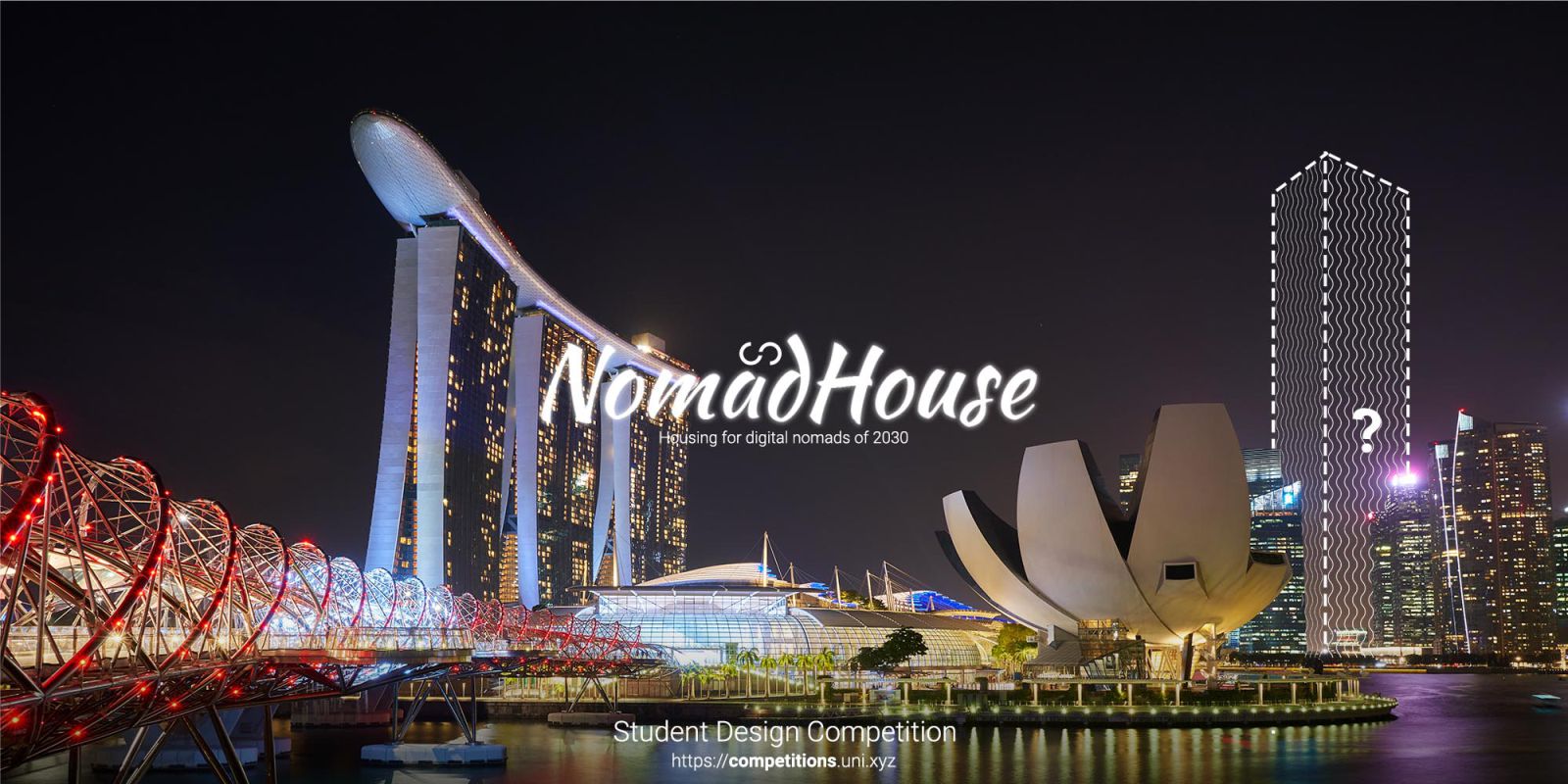
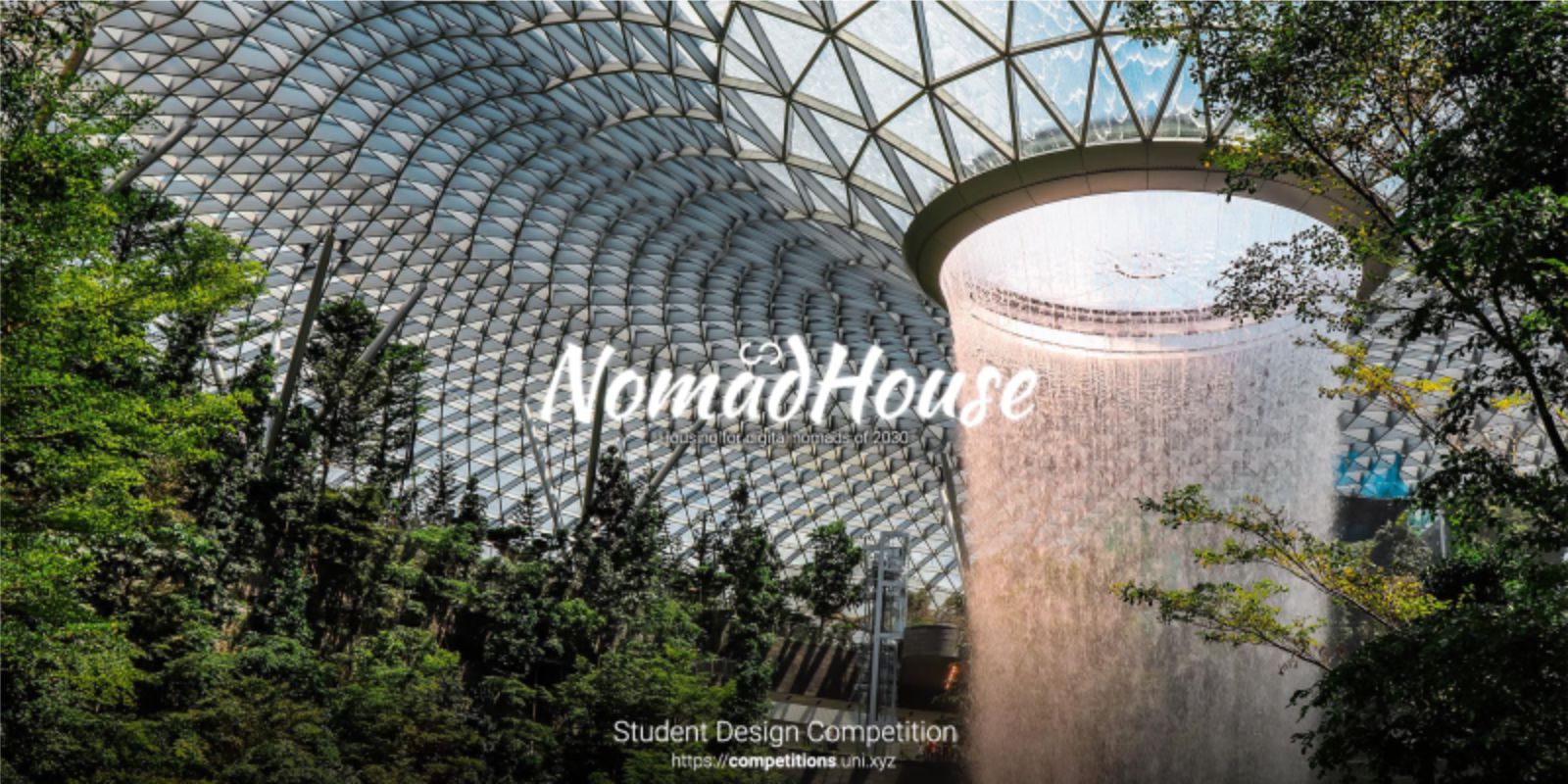
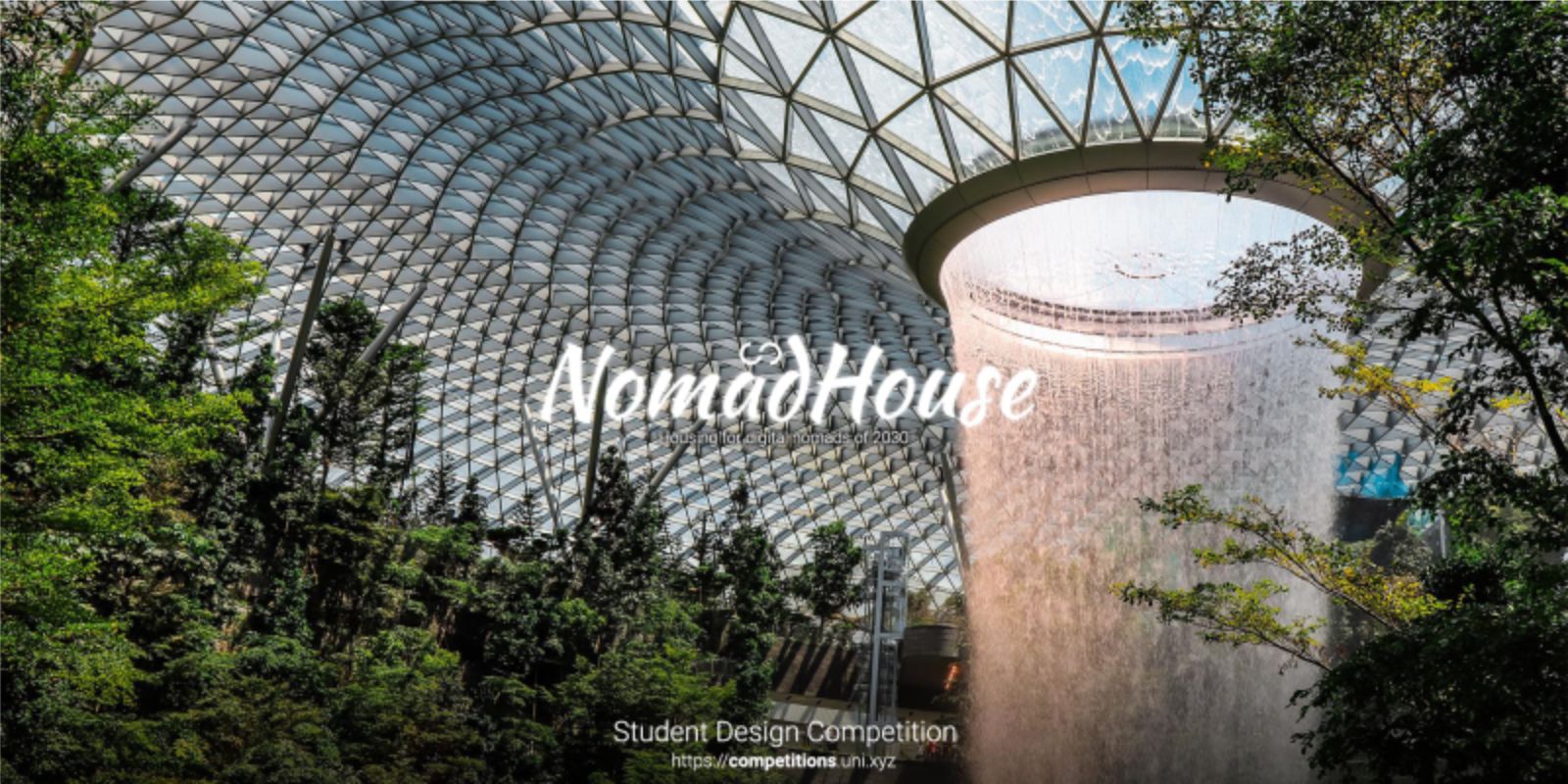

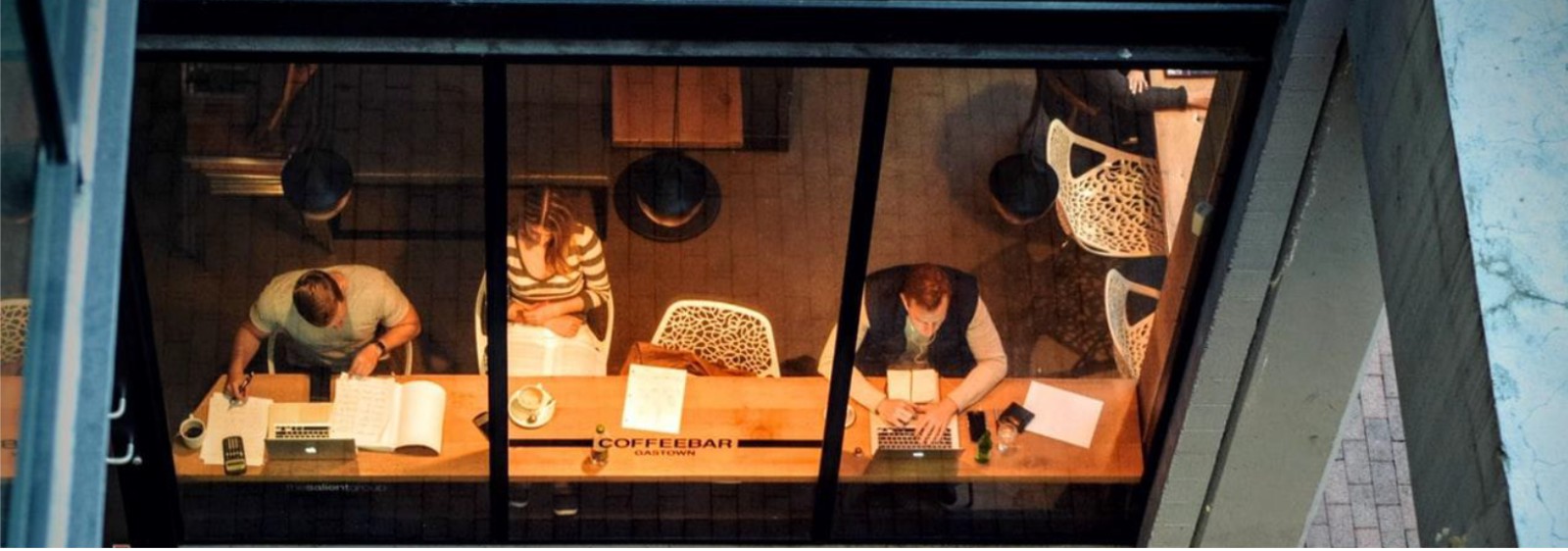

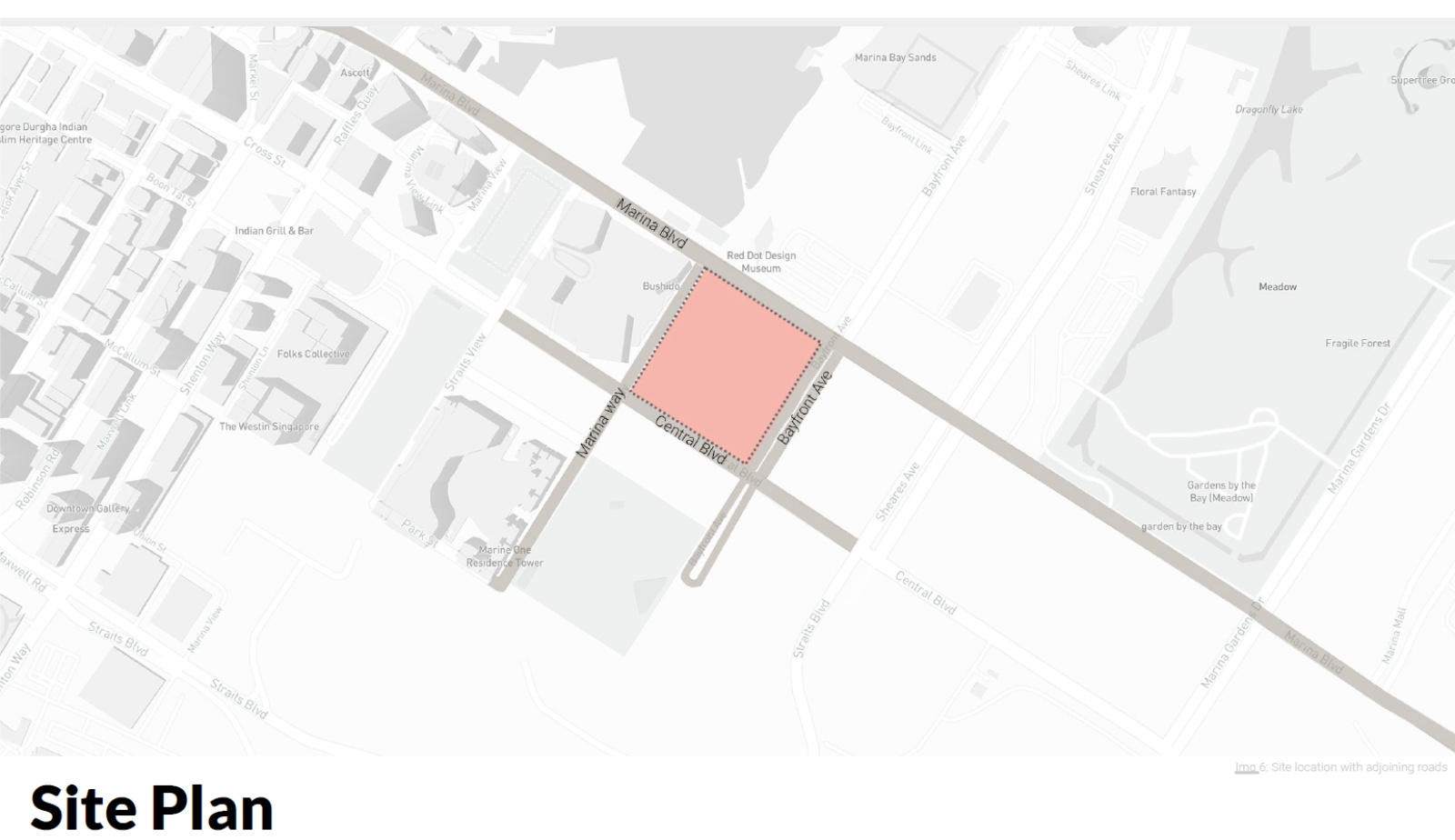

Комментариев нет:
Отправить комментарий